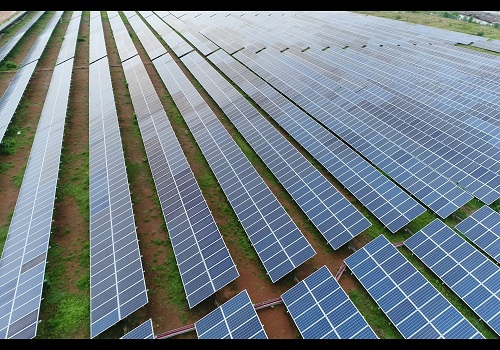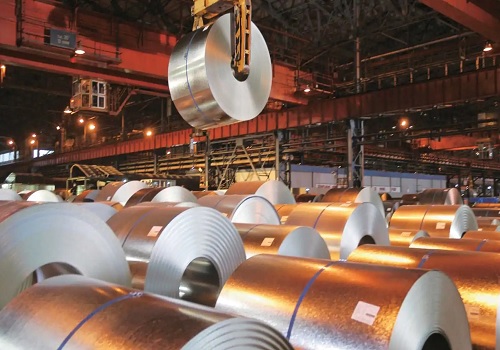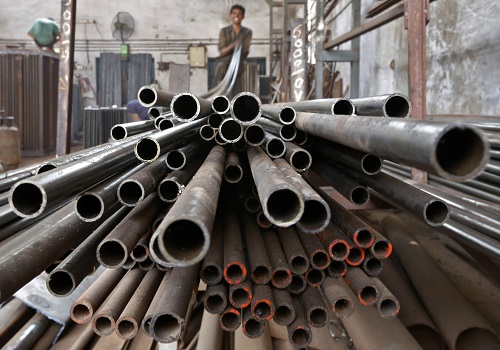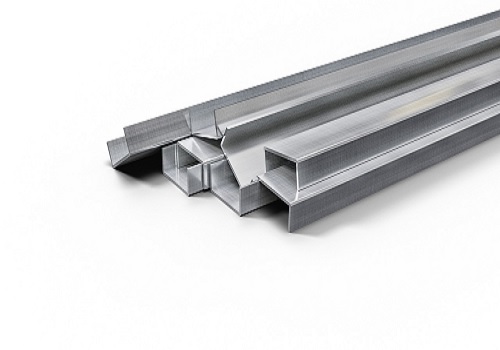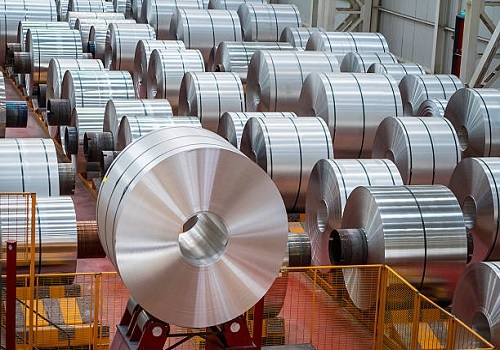Steel stocks trade under pressure on prospects of lower consumption
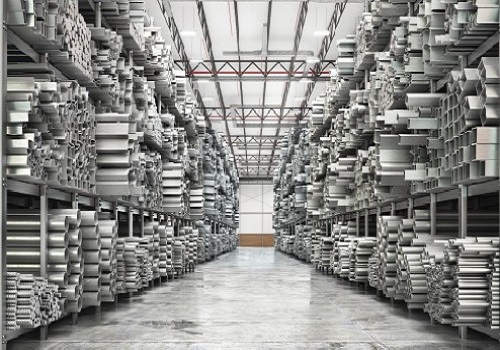
Steel industry stocks were under pressure on the BSE, as credit rating agency Icra in its latest report has said that India's domestic steel consumption growth is likely to come down to 7-8 per cent in the next financial year (FY25) against an estimated 12-13 per cent this fiscal (FY24) due to moderate government spending during the election period. It stated elevated input costs, import pressures, along with softer steel prices are expected to sequentially pull down the steel industry's operating profit margins by 110-115 basis points in FY2025.
Steel Authority Of India is currently trading at Rs. 134.30, down by 4.70 points or 3.38% from its previous closing of Rs. 139.00 on the BSE.
Tata Steel is currently trading at Rs. 153.60, down by 3.65 points or 2.32% from its previous closing of Rs. 157.25 on the BSE.
JSW Steel is currently trading at Rs. 825.80, down by 3.95 points or 0.48% from its previous closing of Rs. 829.75 on the BSE.
It said the domestic steel consumption could decelerate to 7-8 per cent in FY 2024-25 after three back-to-back years of double-digit growth. As per report, the demand in the ongoing 2023-24 fiscal is estimated to be in the range of 12-13 per cent while the growth of demand was 14.5 per cent in 2022-23 financial year, and 13.3 per cent in the preceding year.
Jayanta Roy, Senior Vice-President & Group Head, Corporate Sector Ratings, Icra said in the six-month period between June and November of 2023, as the government accelerated infrastructure spending ahead of the union elections, domestic steel demand grew at a brisk pace of around 16 per cent over the same period of last fiscal. However, the prints for December 2023 and January 2024 reveal a marked slowdown in consumption growth. He said while these are early trends, these numbers nonetheless hint at demand remaining soft over the next two quarters as the government spending moderates around the election period.
